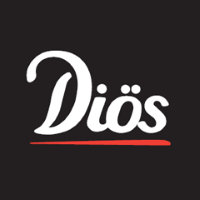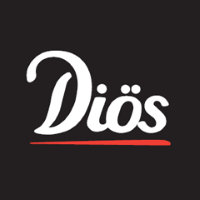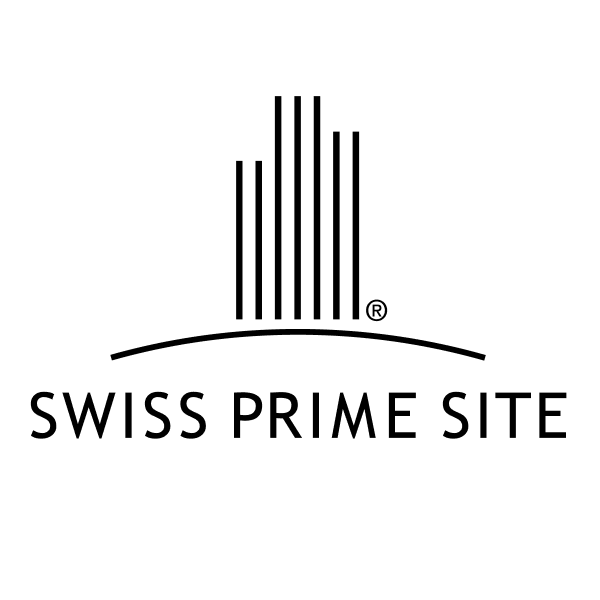
Dios Fastigheter AB
STO:DIOS

Profitability Summary
Dios Fastigheter AB's profitability score is hidden . We take all the information about a company's profitability (such as its margins, capital efficiency, free cash flow generating ability, and more) and consolidate it into one single number - the profitability score. The higher the profitability score, the more profitable the company is.
Profitability Score
We take all the information about a company's profitability (such as its margins, capital efficiency, free cash flow generating ability, and more) and consolidate it into one single number - the profitability score. The higher the profitability score, the more profitable the company is.
We take all the information about a company's profitability (such as its margins, capital efficiency, free cash flow generating ability, and more) and consolidate it into one single number - the profitability score. The higher the profitability score, the more profitable the company is.
Profitability Score
Margins
Earnings Waterfall
Dios Fastigheter AB

Margins Comparison
Dios Fastigheter AB Competitors

| Country | Company | Market Cap |
Gross Margin |
Operating Margin |
Net Margin |
||
|---|---|---|---|---|---|---|---|
| SE |

|
Dios Fastigheter AB
STO:DIOS
|
9.9B SEK |
Loading...
|
Loading...
|
Loading...
|
|
| DE |

|
Vonovia SE
XETRA:VNA
|
24.4B EUR |
Loading...
|
Loading...
|
Loading...
|
|
| HK |
S
|
Swire Properties Ltd
HKEX:1972
|
155.5B HKD |
Loading...
|
Loading...
|
Loading...
|
|
| BM |

|
Hongkong Land Holdings Ltd
SGX:H78
|
18.6B USD |
Loading...
|
Loading...
|
Loading...
|
|
| IL |

|
Azrieli Group Ltd
TASE:AZRG
|
54.2B ILS |
Loading...
|
Loading...
|
Loading...
|
|
| CH |

|
Swiss Prime Site AG
SIX:SPSN
|
11.7B CHF |
Loading...
|
Loading...
|
Loading...
|
|
| CN |

|
China Resources Mixc Lifestyle Services Ltd
HKEX:1209
|
110.2B HKD |
Loading...
|
Loading...
|
Loading...
|
|
| SG |

|
Capitaland Investment Ltd
SGX:9CI
|
15.3B SGD |
Loading...
|
Loading...
|
Loading...
|
|
| CN |

|
Zhejiang China Commodities City Group Co Ltd
SSE:600415
|
80.6B CNY |
Loading...
|
Loading...
|
Loading...
|
|
| DE |

|
Deutsche Wohnen SE
XETRA:DWNI
|
9.5B EUR |
Loading...
|
Loading...
|
Loading...
|
|
| PH |
S
|
SM Prime Holdings Inc
XPHS:SMPH
|
634.6B PHP |
Loading...
|
Loading...
|
Loading...
|
Return on Capital
Return on Capital Comparison
Dios Fastigheter AB Competitors

| Country | Company | Market Cap | ROE | ROA | ROCE | ROIC | ||
|---|---|---|---|---|---|---|---|---|
| SE |

|
Dios Fastigheter AB
STO:DIOS
|
9.9B SEK |
Loading...
|
Loading...
|
Loading...
|
Loading...
|
|
| DE |

|
Vonovia SE
XETRA:VNA
|
24.4B EUR |
Loading...
|
Loading...
|
Loading...
|
Loading...
|
|
| HK |
S
|
Swire Properties Ltd
HKEX:1972
|
155.5B HKD |
Loading...
|
Loading...
|
Loading...
|
Loading...
|
|
| BM |

|
Hongkong Land Holdings Ltd
SGX:H78
|
18.6B USD |
Loading...
|
Loading...
|
Loading...
|
Loading...
|
|
| IL |

|
Azrieli Group Ltd
TASE:AZRG
|
54.2B ILS |
Loading...
|
Loading...
|
Loading...
|
Loading...
|
|
| CH |

|
Swiss Prime Site AG
SIX:SPSN
|
11.7B CHF |
Loading...
|
Loading...
|
Loading...
|
Loading...
|
|
| CN |

|
China Resources Mixc Lifestyle Services Ltd
HKEX:1209
|
110.2B HKD |
Loading...
|
Loading...
|
Loading...
|
Loading...
|
|
| SG |

|
Capitaland Investment Ltd
SGX:9CI
|
15.3B SGD |
Loading...
|
Loading...
|
Loading...
|
Loading...
|
|
| CN |

|
Zhejiang China Commodities City Group Co Ltd
SSE:600415
|
80.6B CNY |
Loading...
|
Loading...
|
Loading...
|
Loading...
|
|
| DE |

|
Deutsche Wohnen SE
XETRA:DWNI
|
9.5B EUR |
Loading...
|
Loading...
|
Loading...
|
Loading...
|
|
| PH |
S
|
SM Prime Holdings Inc
XPHS:SMPH
|
634.6B PHP |
Loading...
|
Loading...
|
Loading...
|
Loading...
|

